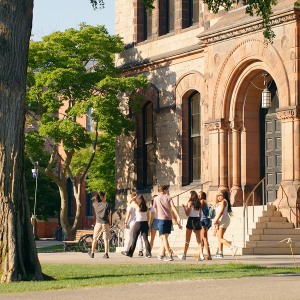Brown Environmental Leadership Labs: Eastern Sierras
Examine the impact of humans on ecosystems in the context of global climate change.
Brown Environmental Leadership Labs: Eastern Sierras
Examine the impact of humans on ecosystems in the context of global climate change.
.jpg) The Brown Environmental Leadership Lab (BELL) combines concepts in environmental studies, ecology and leadership, with a mission of developing socially responsible leaders. At BELL, you will embark on a journey of learning and reflection while building community with fellow student environmentalists in your program.
The Brown Environmental Leadership Lab (BELL) combines concepts in environmental studies, ecology and leadership, with a mission of developing socially responsible leaders. At BELL, you will embark on a journey of learning and reflection while building community with fellow student environmentalists in your program.
This 11-day program will take you to Reno, Nevada and Mammoth Lakes, California. Your home base for the majority of the program will be the Sierra Nevada Aquatic Research Laboratory (SNARL). In the classroom and during outdoor labs, you will step into the shoes of a field scientist, working to better understand the causes and impacts of climate change. You will also develop resources and skills for environmental advocacy and environmental justice literacy while learning about socially responsible leadership.
During your Eastern Sierras adventure, you will visit fascinating geological features of the area on trips to Mono Lake, Panum Crater, Devil’s Postpile National Monument and Tuolumne Meadows in Yosemite National Park. At each site, you will learn about field methodology for data collection. Back at SNARL, you will put your field knowledge to use during indoor and outdoor lab exercises and lessons.
Over the course of your BELL experience, you will also identify a pressing issue that you are passionate about. With support from instructors and peers, you will develop an Action Plan to apply your new leadership knowledge to this issue when you return home.
Program Snapshot
Who
Students completing grades 10 to 12, ages 16 to 18 by June 15, 2025
What
11-day program
When
June 29 to July 9, 2025
Where
Eastern Sierras: You will fly in and out of Reno, Nevada, then travel to Mammoth Lakes, California and various field trip locations.
Why
- Join a community of young scholars who are passionate about the environment while experiencing a part of the country or world that will be new to many students.
- Develop the knowledge, skills and attitudes necessary to impact environmental issues facing your local community and the planet as a whole.
- Explore some spectacular landscapes through studying, listening and observing.
- Concentrate on learning without the pressure of formal grades.
- All students who successfully complete their course will receive a Course Performance Report and Digital CeCertificate of Completion.
Next Steps
Learn more about how to apply and program costs and fees.
Experience
You are expected to reduce your cell phone use while at BELL, allowing you to fully engage with the community and beautiful surroundings. By breaking ties to these technologies, you will be able to be more mindful of the natural environment and build more intentional friendships. While this may be an unfamiliar experience for some, it is often an aspect of the trip students appreciate most. You should plan ahead to be without your cell phone during most of the program, including the use of your phone’s camera. The group will always be reachable via the program cell phone, which will be held by the on-site staff. The phone number to the program cell phone will be provided to parents/guardians of enrolled students prior to the program.
Some site visits listed are weather-dependent and subject to change. You can expect a moderate level of physical activity every day; be ready to get dirty as you will be out and about—rain or shine. A specific packing list will be provided for enrolled students.
Residential and Student Life
- BELL has a strong emphasis on communal living, thus you will be engaged as a member of the community both in and out of the classroom. This includes attending an orientation and group initiatives to get to know your peers, contributing to daily community tasks (e.g., classroom set-up, breakfast buffet set-up, meal clean-up) and spending the whole day with the group. You are not able to travel around Reno or Mammoth Lakes without the group under any circumstances.
- You will be staying in air-conditioned dormitory housing at the Sierra Nevada Aquatic Research Laboratory in Mammoth Lakes, California. You will share a room with one to four peers, grouped by gender identity
- For two nights at the beginning of the program and two nights at the end of the program, you will stay in Reno, Nevada near the Reno-Tahoe airport. You will share a room with one to four peers, grouped by gender identity
- You can expect three nutritious meals each day, primarily served in an on-site dining area. Note: All food is ordered in advance, so program staff must be notified of any dietary restrictions or allergies by Tuesday, April 15, 2025, by completing and submitting the required forms, which enrolled students receive in their student portals.
- Program staff live on site and are available 24 hours a day to provide support and supervision.
A Typical Day
BELL Eastern Sierras will provide you with an experience similar to being part of a research laboratory and all that entails. Though the term “lab” typically brings up imagery of standing over a microscope or collecting samples in small glass vials, there is much more that goes into being a member of a lab. Some days are more active than others and some days are more focused on concept development and exploration. Each day is different but typically includes lab work, field observations, classroom discussions, leadership workshops and time for team-building and reflection.
| 7:30 to 8 a.m. | Breakfast set-up |
| 8 to 9 a.m. | Community meeting and breakfast |
| 9 to 9:30 a.m. | Community tasks (everyone pitches in) |
| 10 to 11:30 a.m. | Morning lesson or field trip (off site) |
| 11:30 a.m. to Noon | Break and lunch set-up |
| Noon to 1 p.m. | Lunch and lunch clean-up |
| 1 to 2 p.m. | Solo time (recharge, reflect and be by yourself) |
| 2 to 5 p.m. | Afternoon session or field trip (off site) |
| 5 to 6 p.m. | Free time and dinner set-up |
| 6 to 7 p.m. | Dinner and clean up |
| 7 to 9 p.m. | Structured free time (e.g., leadership workshop, group hike, game night) |
| 9 to 10 p.m. | Free time |
| 10 p.m. | Well-deserved rest |
Location Photos
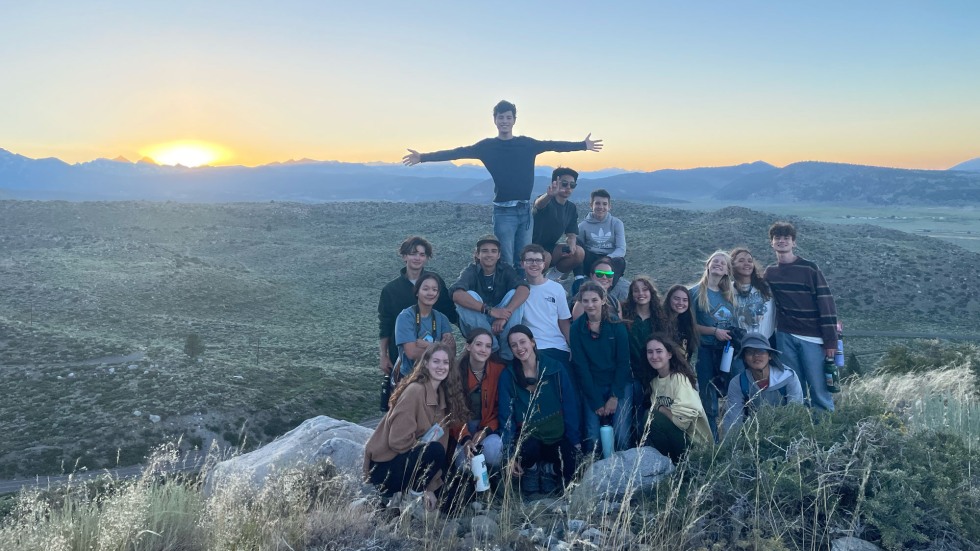
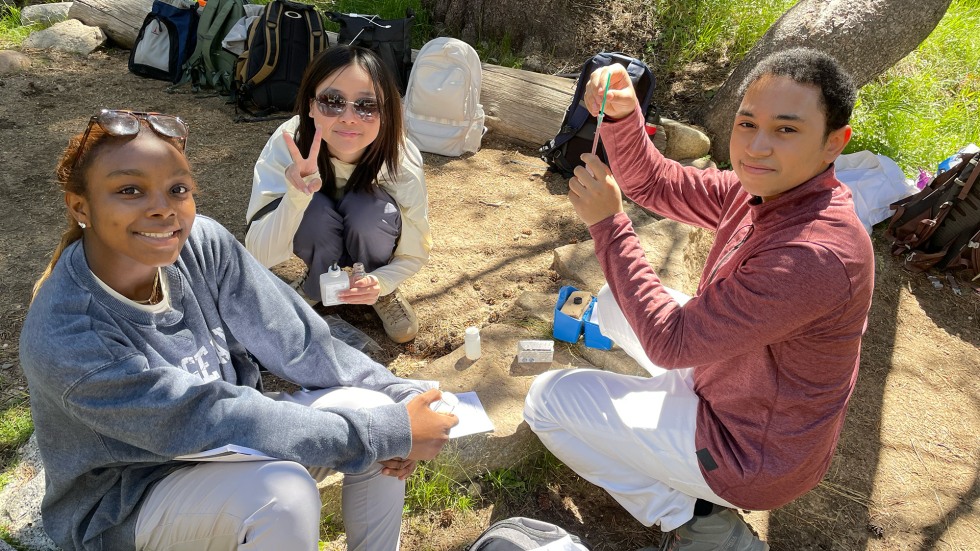
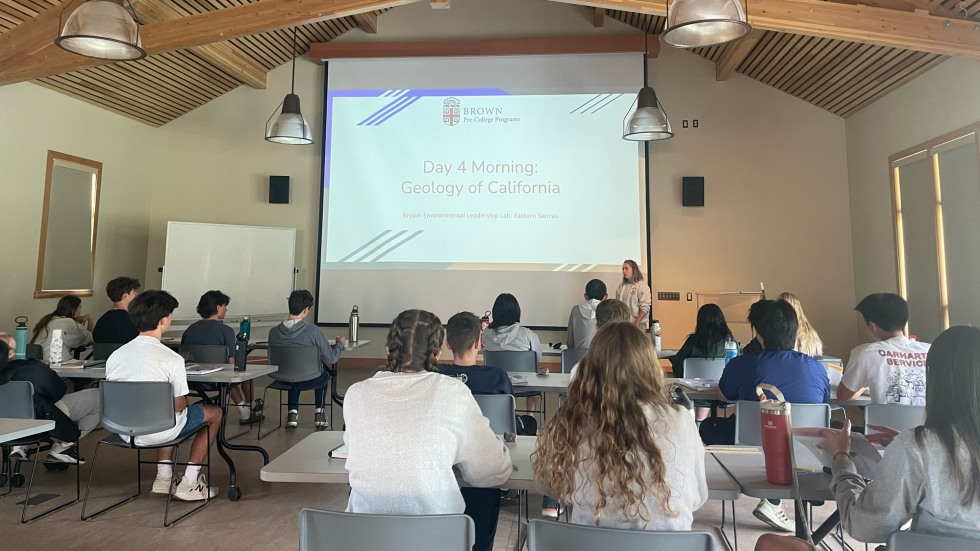
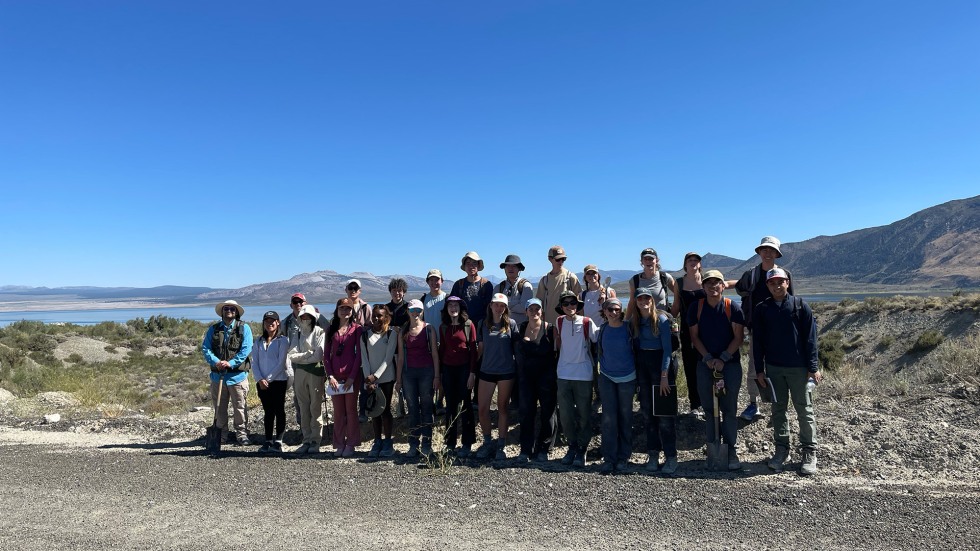
Program Director
-
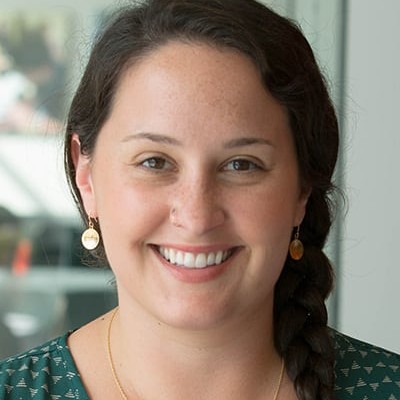
Jane Winograd
Associate Director, Pre-College Programs and Environmental Studies
